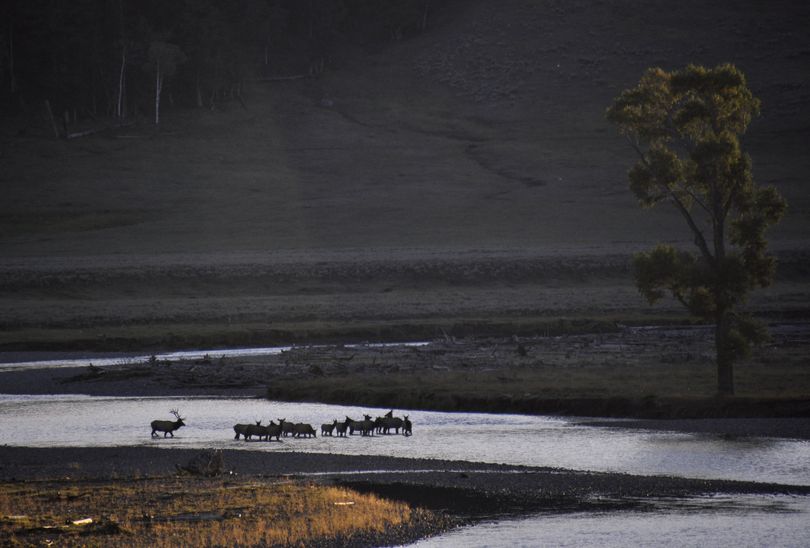Yellowstone Park boating access shouldn’t be dictated by Congress

PUBLIC LANDS -- Even though I'm a paddler, I can see good reasons to maintain restrictions on floating access to some of the fragile streams in Yellowstone National Park.
This is an issue better managed conservatively by scientists and rangers in the park rather than by the new toys on the market and politicians in Washington, D.C.
The head of the National Park Service makes some good points in opposing the Yellowstone and Grand Teton Paddling Act.
NPS director opposes Wyoming Rep. Lummis' paddling bill
In a Nov. 13 letter to U.S. Rep. Rob Bishop, the Utah Republican who is chairman of the House Natural Resources Committee, National Park Service Director Jon Jarvis stated his objections to Wyoming U.S. Rep. Cynthia Lummis' bill to open certain waters in Grand Teton and Yellowstone national parks to hand-propelled watercraft such as packrafts.
Jarvis said in his letter that Yellowstone’s rivers are unlike any other scenic resource in the country, and are home to sensitive and endangered fish and birds. Opening rivers to paddlers would also increase the risk of transmitting aquatic invasive species.
He said the measure puts the parks' fragile resources in danger for the benefit of a few.
Disagreeing with Jarvis, Brad Meiklejohn, president of the American Packrafting Association, responded with his own letter to the House committee regarding the Yellowstone and Grand Teton Paddling Act.
Meiklejohn suggests that packrafting would not undermine these waterways’ ecological stability and that denying access to select portions of Yellowstone and Grand Teton National Parks is illegal since it's allowed in some other portions of the parks system.
Those arguments seem shallow and selfish at this point.
But the debate isn't over.
